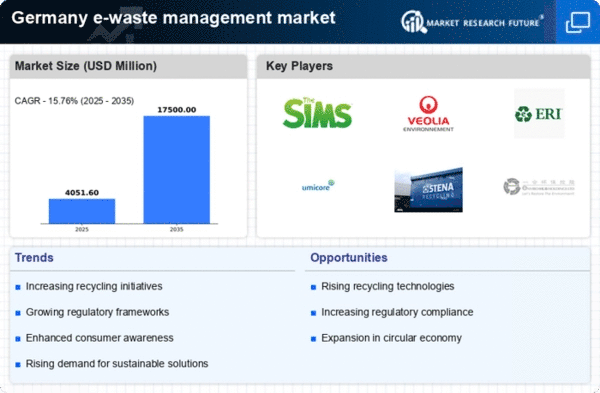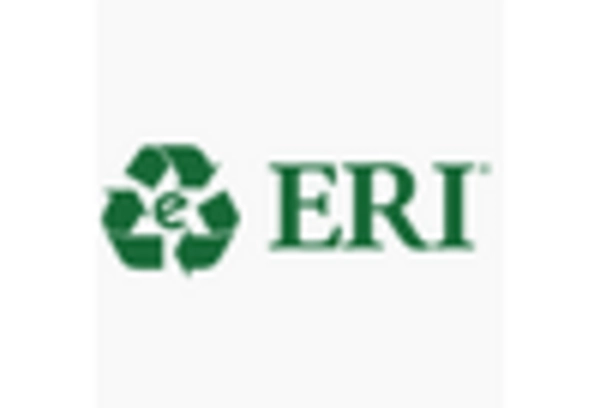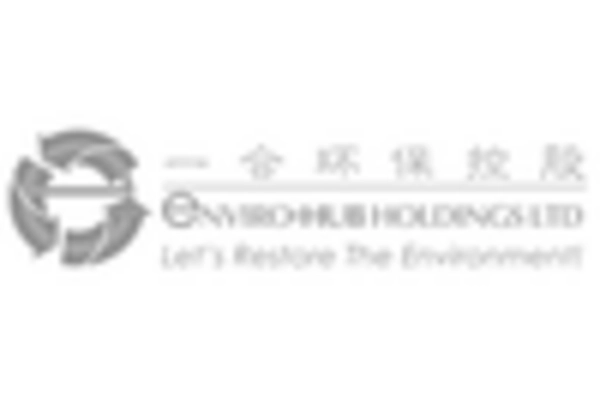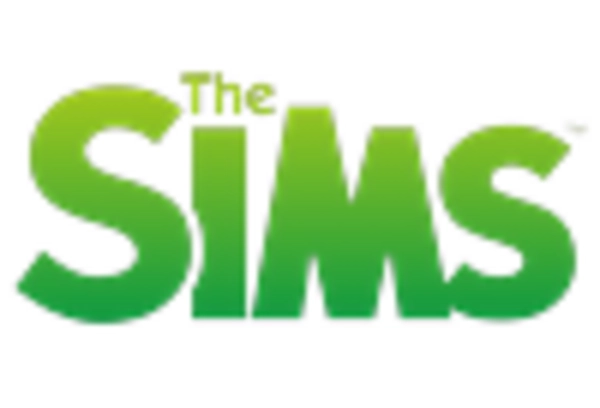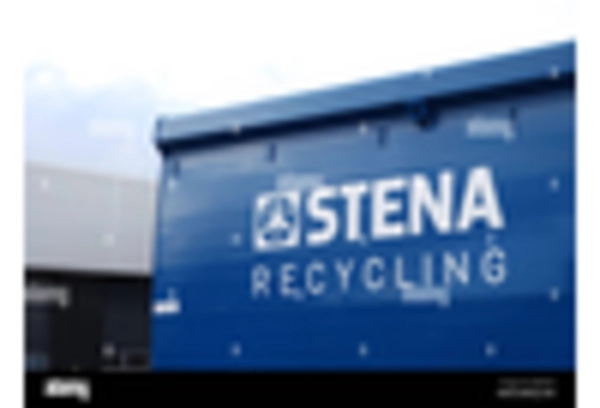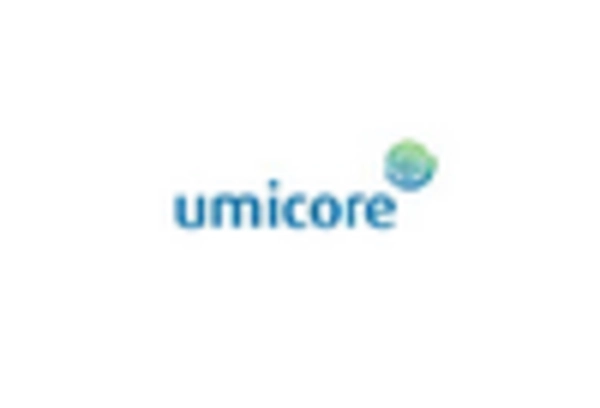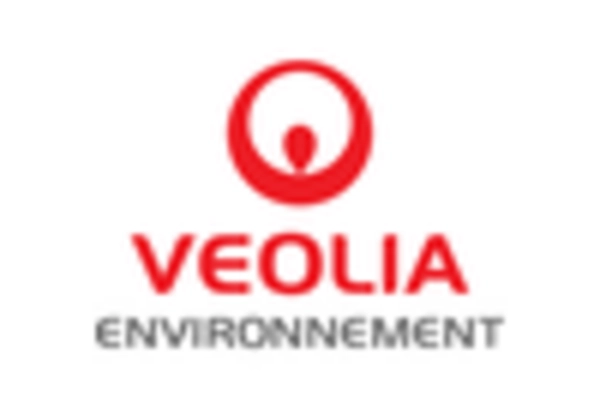Growing Electronic Consumption
The e waste-management market in Germany is facing a significant challenge due to the growing consumption of electronic devices. As technology continues to advance, consumers are increasingly upgrading their gadgets, leading to a rise in electronic waste generation. Reports indicate that the volume of e waste produced in Germany is expected to reach approximately 1.5 million tonnes annually by 2025. This trend necessitates robust waste management solutions to handle the influx of discarded electronics. The e waste-management market must adapt to this increasing volume by enhancing collection and recycling capabilities. Consequently, companies that can efficiently manage this growing waste stream are likely to gain a competitive edge, positioning themselves favorably in the market.
Rising Environmental Awareness
The e waste-management market in Germany is experiencing a notable surge in demand due to increasing environmental awareness among the populace. Citizens are becoming more conscious of the ecological impacts of electronic waste, which has led to a greater emphasis on sustainable disposal practices. This heightened awareness is reflected in the growing number of recycling initiatives and educational campaigns aimed at informing the public about the importance of proper e waste disposal. As a result, the market is projected to grow at a CAGR of approximately 8% over the next five years, driven by a collective effort to reduce landfill contributions and promote recycling. The e waste-management market is thus positioned to benefit from this cultural shift towards sustainability, as more individuals and organizations seek responsible disposal methods.
Government Incentives and Policies
In Germany, the e waste-management market is significantly influenced by government incentives and policies aimed at promoting responsible electronic waste disposal. The implementation of the Waste Electrical and Electronic Equipment (WEEE) Directive has established a framework for the collection, treatment, and recycling of e waste. This regulatory environment encourages manufacturers and consumers to participate in recycling programs, thereby increasing the volume of e waste processed. Furthermore, financial incentives for recycling initiatives, such as subsidies for collection points and public awareness campaigns, are likely to enhance participation rates. The e waste-management market is expected to see a boost in growth as these policies continue to evolve, fostering a culture of compliance and responsibility among stakeholders.
Corporate Responsibility Initiatives
In Germany, corporate responsibility initiatives are playing a pivotal role in shaping the e waste-management market. Many companies are adopting sustainable practices and committing to responsible e waste disposal as part of their corporate social responsibility (CSR) strategies. This trend is not only driven by regulatory requirements but also by consumer expectations for ethical business practices. As organizations implement take-back programs and invest in recycling technologies, the e waste-management market is likely to benefit from increased collaboration between businesses and recycling firms. This synergy can lead to more effective waste management solutions and a reduction in the environmental impact of electronic waste. The emphasis on corporate responsibility is expected to drive market growth as companies strive to enhance their sustainability profiles.
Technological Innovations in Recycling
The e waste-management market in Germany is being propelled by technological innovations that enhance recycling processes. Advanced sorting technologies, such as automated systems and artificial intelligence, are improving the efficiency of e waste processing. These innovations allow for better recovery rates of valuable materials, such as precious metals and rare earth elements, which are often found in discarded electronics. As the demand for these materials increases, the e waste-management market is likely to expand, driven by the need for more efficient recycling methods. Moreover, the integration of data analytics in waste management systems is enabling companies to optimize their operations, further contributing to market growth. The potential for increased profitability through improved recovery rates is a compelling driver for investment in this sector.


